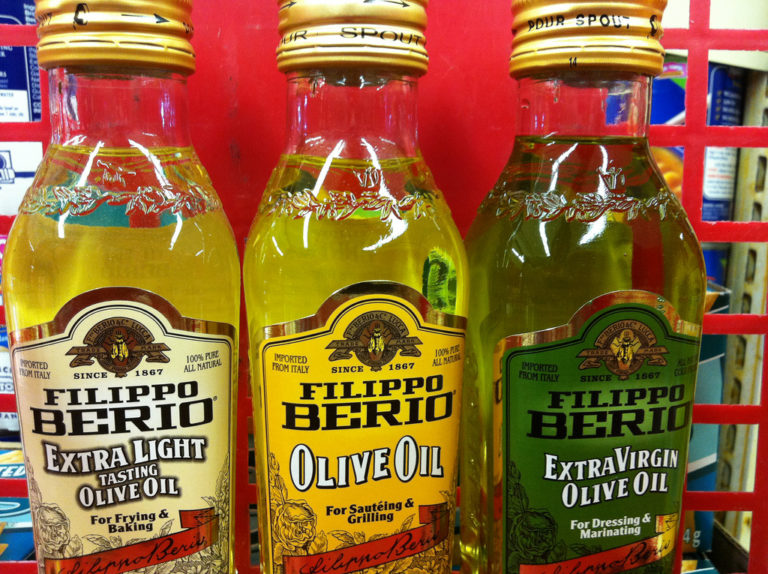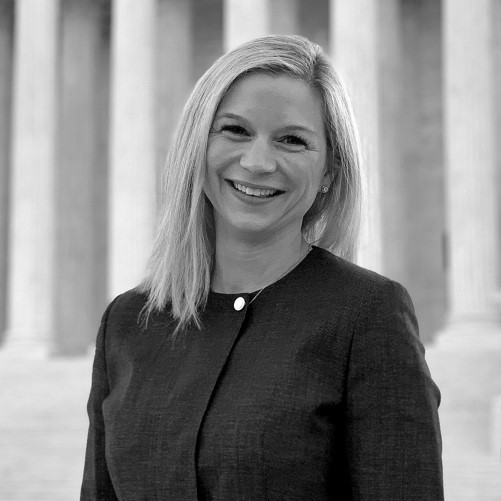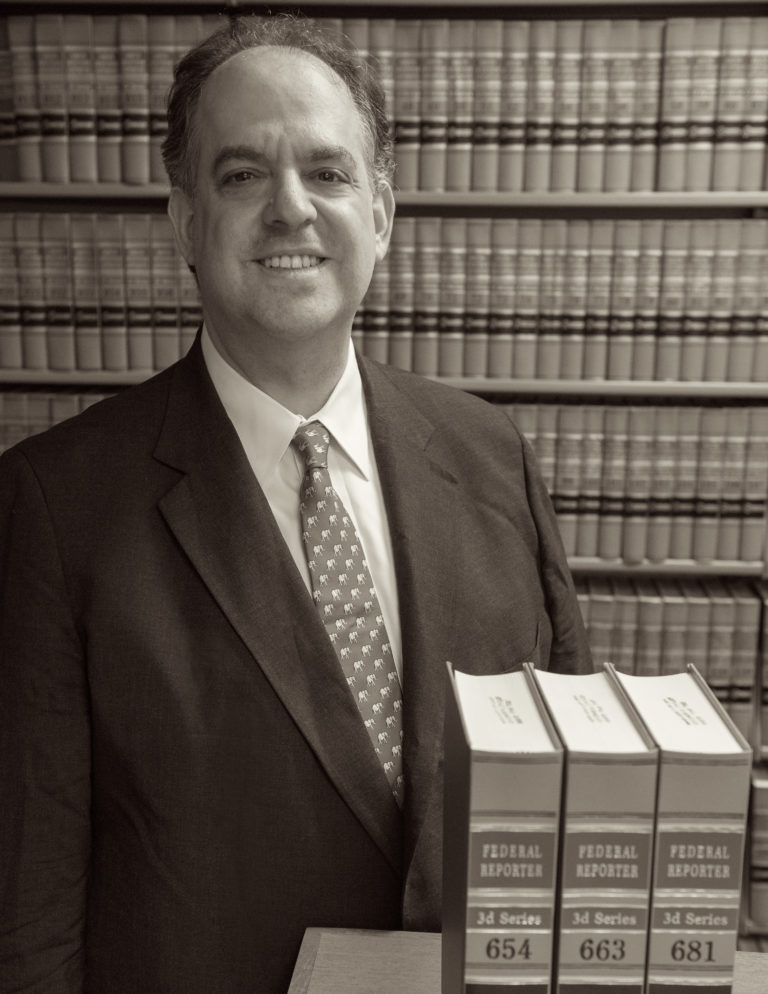The HLLI blog reflects the views of individual attorneys who author each post. This commentary does not necessarily reflect the official position of the Hamilton Lincoln Law Institute.
If you thought every corporate merger was unique, you’d be wrong. Over 90% of merger deals over $100 million have at least one thing in common: They are challenged in a strike suit—or subject to what essentially amounts to legalized extortion. On June 5, 2017, CCAF argued before the U.S. Court of Appeals for the Fifth Circuit to stop one example of such socially wasteful litigation and extend the landmark ruling…
In too many settlements, the same lawyers who rail against deceptive marketing tactics use deceptive settlement provisions to unfairly appropriate the lion’s share of the money for themselves. Kumar v. Salov North America Corp., where the attorneys look to get over 300% of what their clients will, is a good example of this unwelcome phenomenon.
This blog post was published when the Center for Class Action Fairness was a project of the Competitive Enterprise Institute. The Center for Class Action Fairness (CCAF) has long opposed abusive “cy pres” settlements that benefit third-party beneficiaries instead of compensating class members; Ted Frank wrote about the issue in 2008 before founding CCAF, and Ted Frank has testified to Congress concerning cy pres settlements. As Reuters reporter Alison Frankel wrote after CCAF’s win in the Eighth…
Academics don’t often have the opportunity to publish an article opining on the correctness of a pending appeal, but our appeal in EasySaver Rewards Litigation, challenging a settlement that pays attorneys nearly $9 million and the class only $225,000 and nearly worthless coupons, is one such case.

photo credit: www.proflowers.com
Imagine a family dinner table where Dad is deciding how large a piece of pie each of his three children get. All three children are good and deserving. But Dad first takes a generous slice for himself—more than a third of the pie—and then gives the rest to his favorite child. The rest of the kids get nothing.
The too-common scam goes like this. Trial lawyers bring a class action against a business, alleging unfair charges or false advertising and seeking to recover a few dollars each for thousands or millions of its customers. It’s okay if the case is weak, because the defendant still finds it cheaper to settle the lawsuit for a small percentage of the total losses alleged than to fight on.
Earlier this week the Center for Class Action Fairness filed a motion to intervene and seek disgorgement from for-profit “professional objectors” in Pearson v. NBTY, Inc., a case dealing with allegedly deceptive marketing practices by makers of health supplements. The Center became involved in the case in 2014 when it objected to a class action settlement that would have provided attorneys $4.5 million but less than $900,000 to the class. On appeal, the Seventh Circuit agreed and reversed approval of the…
A plaintiffs’ attorney and an insurance executive have created a business, Risk Settlements, that offers a “post-lawsuit settlement insurance product specifically designed to manage settlement risk, cap exposure and provide certainty to the uncertain world of class action settlements.” That this business model is viable—and that it purports to save class-action defendants millions of dollars in claims-made settlements—demonstrates the need for courts to provide scrutiny of what class-action settlements actually provide consumers.
This time, the good guys finished first. On August 10, the Seventh Circuit issued its opinion in In Re: Walgreen Co. Stockholder Litigation, No. 15-3799. One by one, Judge Posner dissected each of the six Supplemental Disclosures and held that they offered nothing to the shareholders. Nil. He found that the class action attorneys were inadequate representatives because they were only interested in fees and recommended that the whole case be dismissed.
This blog post was previously published on the Competitive Enterprise Institute's Open Market Blog. I really only want to talk about one settlement—the settlement in Rougvie v. Ascena Retail Group, No. 15-cv-724 (E.D. Pa.). Ascena is the corporate owner of the Justice brand clothing franchise, which caters to pre-adolescent girls in 900 stores throughout the country. If you’ve ever walked past what you thought was a Care Bears shrine in your…









